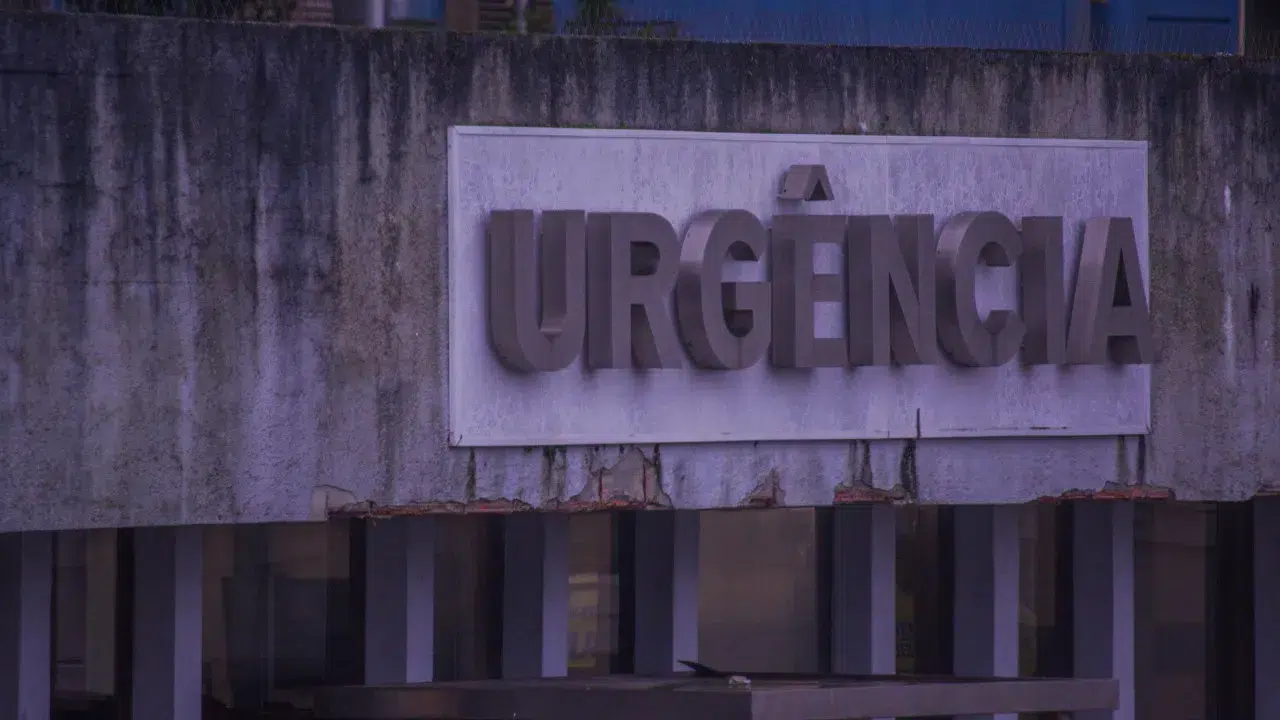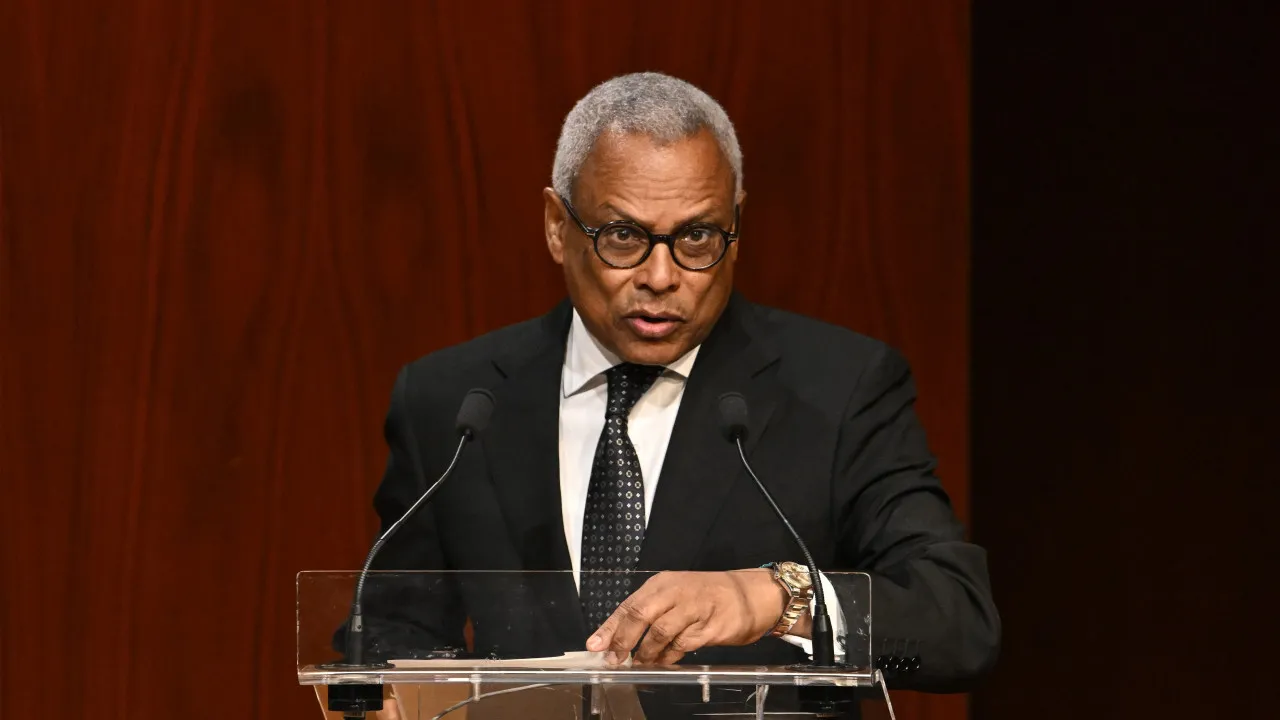The law decriminalizing medically assisted death, known as the euthanasia law, was published today in the Diário da República (official government gazette).
According to the law published today, it should come into force as of July 10, since the 30-day period does not include weekends or holidays, while the respective regulations should be approved by the Government within 90 days.
The regulation of the law should establish, among other points, the model for clinical registration of requests for medically assisted death and the model for the final medical report.
According to the law, in the first two years of its effectiveness, the Commission for Verification and Evaluation of Medically Assisted Death Clinical Procedures (CVA) will have to present an evaluation report to the Parliament every semester.
This report should contain detailed statistical information on all relevant elements of medically assisted dying processes and any recommendations.
The entity responsible for confirming compliance with all the legal steps of each euthanasia process and giving the final authorization for its implementation, is still shrouded in doubt, because the President of the Portuguese Medical Association has already assured that he will not appoint any professional to represent the doctors.
The euthanasia law was promulgated by the President of the Republic on the 16th, after having been confirmed by the parliament on the 12th following Marcelo Rebelo de Sousa’s political veto.
The confirmation, which obliged the President to promulgate the law, received 129 votes in favor, from a majority of PS deputies, the Liberal Initiative and Left Bloc benches, and the sole deputies of PAN and Livre, 81 votes against, from a majority of PSD deputies and the benches of Chega and PCP, and one Social Democrat deputy abstained.
The law may still be subject to successive review by the Constitutional Court, which does not prevent it from coming into force. And it can be requested by the President of the Republic, the President of the Assembly of the Republic, the Prime Minister, the Ombudsman, the Attorney General or one tenth of the deputies (23 out of 230), among other entities.
The PSD has already assumed the commitment to “analyze the diploma with a view to formulating a request for successive review of constitutionality.
In the new law, which amends the Penal Code, “medically assisted death is considered not punishable when it occurs by decision of the person, of legal age, whose will is current and reiterated, serious, free, and informed, in a situation of great intensity of suffering, with a definitive injury of extreme gravity or a serious and incurable disease, when performed or assisted by health professionals.
The first Portuguese law on this matter states that “medically assisted death can only occur by euthanasia when medically assisted suicide is impossible due to the patient’s physical incapacity.
Medically assisted suicide is defined as the “administration of lethal drugs by the patient himself under medical supervision,” and euthanasia as the “administration of lethal drugs by a physician or health care professional duly qualified to do so.”
When the first legislative initiatives on the matter arose, Marcelo Rebelo de Sousa, a practicing Catholic, advocated a long and wide public debate, but he kept himself out of the discussion, deferring his role to the end of the parliamentary legislative process.
This was the fourth decree that parliament passed to decriminalize medically assisted dying under certain conditions.
The President of the Republic sent to the Constitutional Court the first decree on this matter, in February 2021, vetoed the second, in November of the same year, and sent the third also for preventive review, in January of this year. Both referrals to the Constitutional Court led to vetoes on the grounds of unconstitutionality.
On April 19, before the fourth decree, the President of the Republic vetoed it, but dismissed doubts of constitutionality, pointing out only “a problem of precision” in two specific points.








